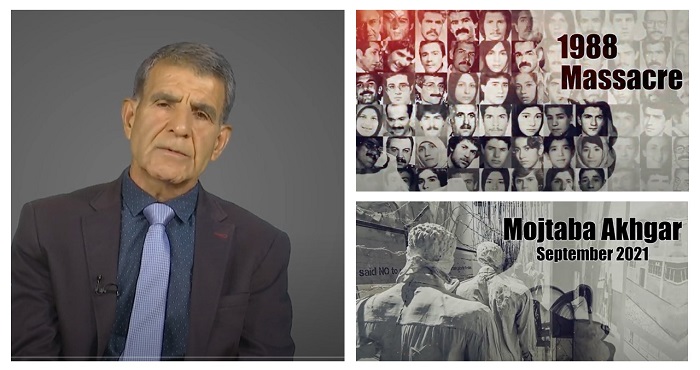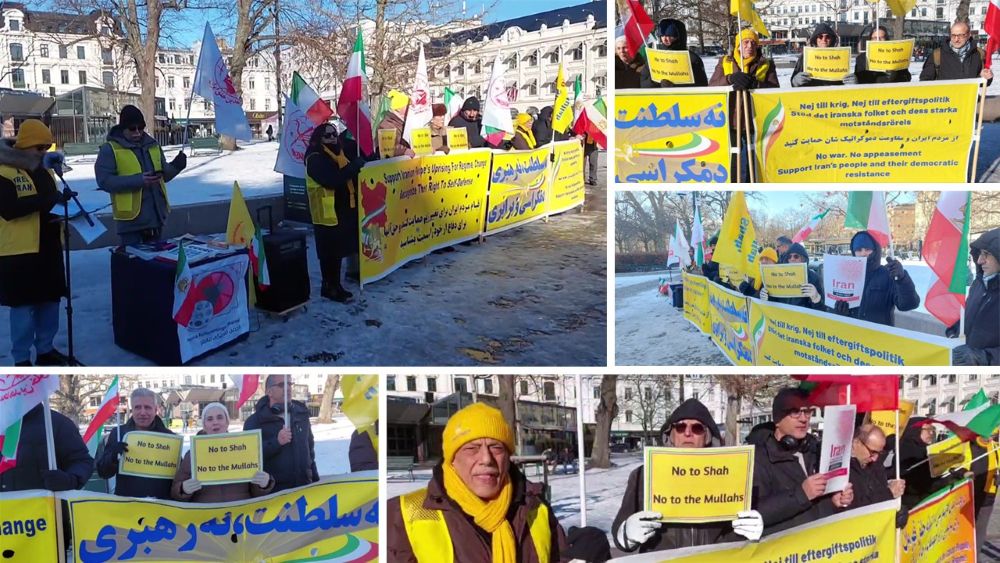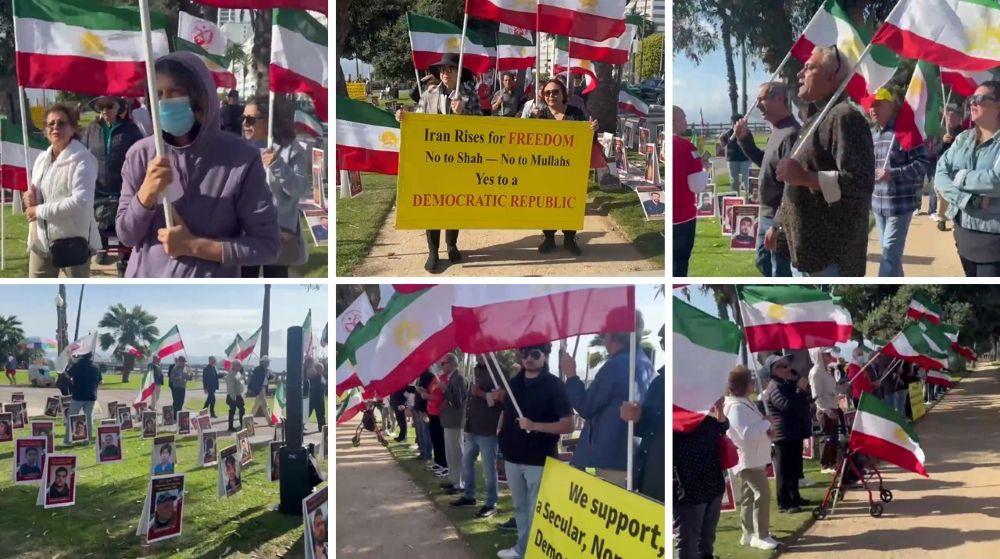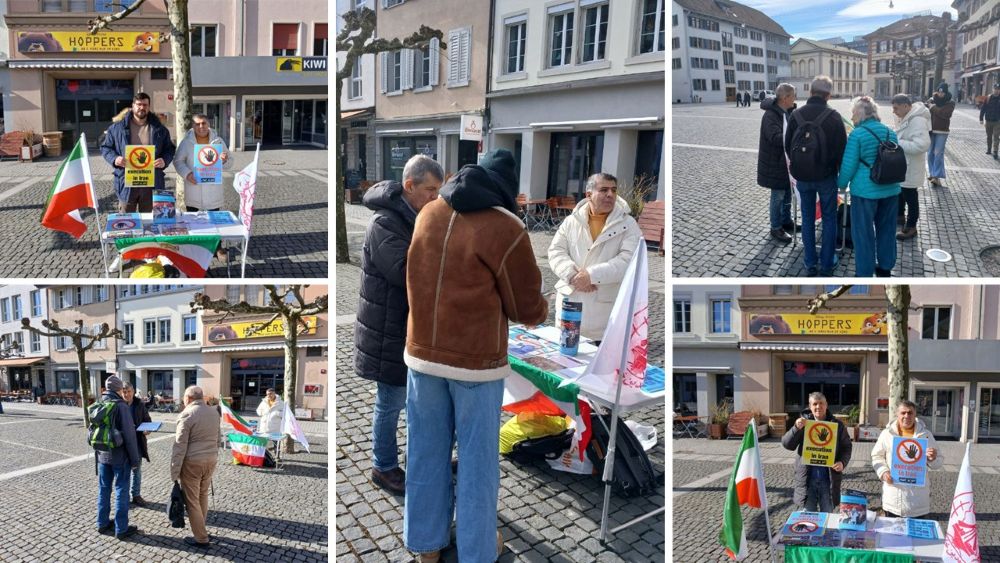
Following Ebrahim Raisi’s appointment as the President of the Iranian regime earlier this year, his human rights abuses continue to be called into question, especially regarding his role as one of the perpetrators of the 1988 massacre in Iran.
Former political prisoner, Mojtaba Akhgar spoke to the National Council of Resistance of Iran (NCRI) and gave his eyewitness account of the events that took place during the summer of 1988.
After being arrested in 1982 for supporting the People’s Mojahedin Organization of Iran (PMOI/MEK), he spent ten years in prison in a solitary cell. In July 1988, he was moved to the general ward, which he questioned as he sensed something was not right. In early August, Akhgar and a number of his cellmates were escorted to the ‘death corridor’, where he was able to communicate with other prisoners via Morse code to find out what was happening. It was at this point he discovered that people were being taken to be tried and executed.
Akhgar said, “I saw Naserian, Hamid Abbassi, and other guards taking prisoners to the death commission, then transferred them to the end of the corridor, where they were lined up to go to the gallows.”
Despite being blindfolded while in the death corridor, Akhgar would often slightly remove his blindfold to see what was happening as the executions continued throughout the day. At night, he was returned to his cell, where he remained for a couple of days communicating with other prisoners in nearby cells through morse code.
Later in August, Akhgar found himself blindfolded in the prison yard and was informed that he had been sentenced by a Sharia judge to 160 lashes. After being tied to a bed and flogged, he was severely injured and during the next month his wounds became infected.
By mid-September, Akhgar and the fellow prisoners who remained were informed that they were the only prisoners still alive, and we’re told that they would be released. The only condition was that if they attempted to join the MEK following their release, they would be immediately executed if caught.
Akhgar said, “One of the death commission’s members was Ebrahim Raisi, the same person now the president of this regime. Therefore, I ask the international institutions and the U.N to arrest him on charges of crimes against humanity.”
He expressed that it was what the Iranian people wanted, for Raisi to be held accountable for his actions and referred to the justice campaign launched by the President of the NCRI, Massoud Rajavi following the massacre, which was continued by President-elect Maryam Rajavi in 2016.
Maryam Rajavi demanded that those officials who were involved in the 1988 massacre, among other crimes against humanity should be tried and prosecuted. The beginnings of this demand may be finally bearing fruit as Hamid Noury, who was one of the men escorting prisons to the ‘death commission’ in 1988, is currently being tried in a Swedish court for his crimes.
Akhgar said, “Everyone else in this regime is like Hamid Noury. We’re not dealing with one or two individuals. The entire regime of the Islamic Republic is a rule of ignorance and crime.”



